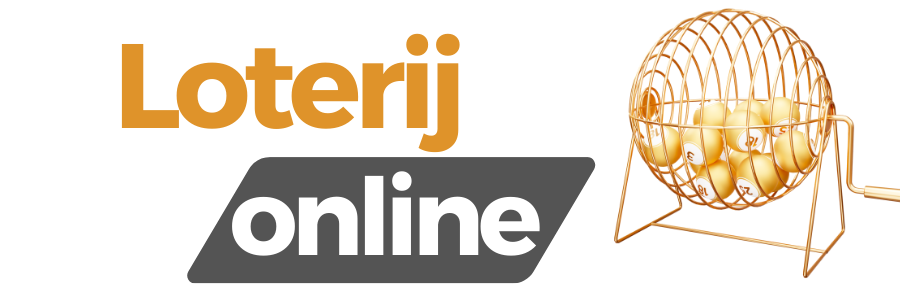In the UK, the national lottery is organised by the “National Lottery”. It is a regulated game of chance managed by the Camelot Group, which manages and organises the national lottery.
What lotteries are there in the UK?
The National Lottery offers a variety of lottery games where players have the opportunity to buy lottery tickets and participate in lottery draws. One of the most well-known and popular lottery games is Lotto. You play to choose six numbers from a series of numbers and try to guess the winning combination to win attractive prizes.
Besides Lotto, the National UK Lottery also offers other exciting lottery games, such as EuroMillions, a pan-European lottery played in several European countries, including the UK. Known for its huge prizes, EuroMillions attracts many players from across the country.
UK National Lotto
Players choose six numbers from a range of 1 to 59. Each week, six winning numbers and a bonus number are drawn. The jackpot is won by players who correctly match all six winning numbers. There are also smaller prizes for matching fewer than six numbers.
EuroMillions UK Millionaire maker
Players choose in the UK also five main numbers from a range of 1 to 50. Secondly the two Lucky Star numbers from a range of 1 to 12. Five main numbers and two Lucky Star numbers are drawn. The jackpot is won by players who have all five main numbers and both Lucky Star numbers correct. There are several prize categories, including prizes for only the Euromillions players from the UK.
Thunderball

Players choose five main numbers from a range of 1 to 39. Thunderball extra numbers from a range of 1 to 14. Five main numbers and one Thunderball number are drawn. The jackpot is won by players who have all five main numbers and the Thunderball number correct. There are also smaller prizes for matching fewer numbers.
Set For Life
Players choose five main numbers from a range of 1 to 47 and one Life Ball from a range of 1 to 10.
The main prize is a fixed amount per month for a certain number of years (e.g. £12,000 per month for 30 years). Players can also win smaller prizes by matching fewer numbers correctly.
Lotto HotPicks
Players choose how many numbers they want to play, from one to five. They also choose the stake per line. Prizes vary depending on how many numbers they matched correctly and the stake.
Scratch cards
These include a variety of scratch cards and instant win games with different themes and prizes.
Online Instant Win Games: Online versions of scratch cards and instant win games. Pplayers can play online and find out immediately if they have won.
Charity Lotteries in the UK
The Health Lottery is an example of a charity lottery run by Camelot Group. Part of the proceeds go to health and wellbeing charities.
What does the UK do with lottery proceeds?
Proceeds from the National Lottery go to various charities, community events, sports and arts events in the UK. Lottery winnings fund a variety of projects and initiatives that have a positive impact on society.
Gambling Act 2005
Under the Gambling Act 2005, lotteries in the UK are divided into several categories: big uk lotteries, small lotteries, customer lotteries and private lotteries. Each type of lottery has its own rules and requirements regarding licensing and supervision.
The National Lottery in the UK has a strong link with charities. Part of the proceeds of the National Lottery are allocated to various charities, projects and initiatives.
The Gambling Act 2005 is an Act in the UK that establishes the legal framework and regulations governing games of chance, lotteries and related activities. The Act came into force on 1 September 2007 and replaced previous gaming and gambling legislation. The purpose of the Gambling Act 2005 is to provide a regulated, fair and safe environment for gamblers and gambling operators.
Some of the key aspects and objectives of the Gambling Act 2005 include:
Gambling licences and regulations UK lotteries
The Act introduced a centralised system for issuing gambling licences and regulating gambling activities. The Gambling Commission was established as the regulatory body responsible for licensing and monitoring gambling and gaming in the UK.
Classification of gambling activities
The Gambling Act 2005 classifies different forms of gaming and gambling activities, such as casino games, betting, lotteries and arcade games. Each category has specific rules and requirements for operators and players.
A key aim of the law is to promote responsible gambling and prevent gambling-related problems. The law requires gambling operators to take steps to prevent gambling addiction and protect players.
